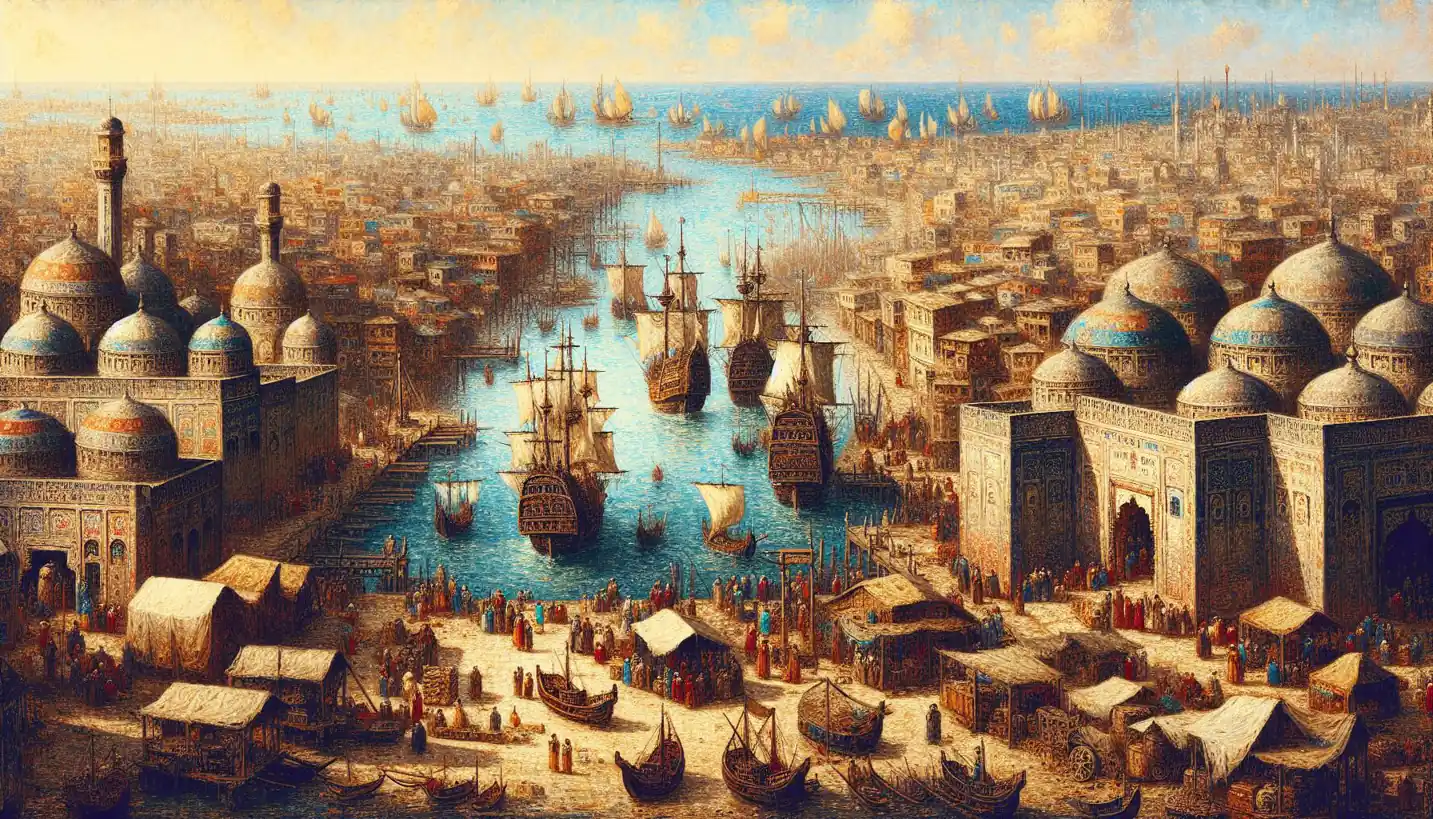· History · 4 min read
Suez Crisis: The Clash That Shaped the Modern Middle East
The Suez Crisis was a defining moment that reshaped Middle Eastern politics. Discover the conflicts and alliances that shifted global power dynamics.

Back in the 1950s, the world witnessed an incredible geopolitical drama unfold, famously known as the Suez Crisis. Let’s dive into this intriguing event that not only strained international relations but also reshaped the landscape of the Middle East and set precedents for future international diplomacy.
In 1956, the Suez Canal was a vital waterway connecting the Mediterranean Sea to the Red Sea. It was like a shortcut for ships, cutting down travel time between Europe and Asia. Egypt’s President, Gamal Abdel Nasser, understood its importance all too well.
On the 26th of July, Nasser made a bold move by nationalizing the canal. But what does that mean? In simple terms, he took control of it from British and French hands. This was not just about taking charge of a canal; it was a declaration of sovereignty and independence from Western influence. Britain’s Prime Minister and France’s leaders were furious. They had economic interests and many ships passing through those waters.
The canal wasn’t just a water passage; it was money flowing through it, vital for European economies dependent on Middle Eastern oil. Britain and France saw Nasser’s action as a threat not only to their financial interests but also to their influence in the region. But Nasser had his reasons. He needed funds for the Aswan Dam project, a massive engineering feat that would control the Nile River and generate electricity for Egypt.
Here’s where it gets even more interesting. Israel, feeling threatened by Egyptian military activities, joined forces with Britain and France. They devised a plan: Israel would invade the Sinai Peninsula, leading Egypt toward conflict, while Britain and France would intervene, positioning themselves as peacekeepers.
The plan seemed polished on paper, but executing it was another matter. As Israel advanced, Britain and France issued an ultimatum to both parties to withdraw from the canal area. Egypt refused. Consequently, Britain and France began bombing, marking the beginning of their military intervention.
Yet, the world had changed since World War II. This wasn’t a simple matter of military might anymore. The United States, led by President Dwight D. Eisenhower, saw things differently. Eisenhower was keen on maintaining peace and a steady oil supply without Cold War tensions rising. Alongside a disapproving Soviet Union, the U.S. pressured the allied countries to halt their military operations.
With mounting political pressure and the United Nations stepping in, Britain, France, and Israel eventually withdrew their forces. This moment marked a significant shift in the world order. It was no longer the age of old European empires asserting dominance without global repercussions.
The aftermath of the Suez Crisis led to new political dynamics. Egypt emerged stronger, gaining control and maintaining ownership of the canal. Nasser became a hero in the Arab world, symbolizing resistance against colonial powers. His stance united many Arab nations under the idea of Pan-Arabism, influencing Middle Eastern politics for decades.
The crisis also highlighted the declining global influence of Britain and France, marking the rise of the United States and the Soviet Union as superpower leaders with interests extending to the Middle East. The Cold War backdrop amplified this situation, bringing to the forefront the idea that smaller regional conflicts could potentially escalate on a global scale.
From a broader perspective, the Suez Crisis was a forerunner of modernization in international politics. It set the stage for future crises by illustrating how global partnerships, economic interests, and political ideologies could collide.
Why is the Suez Crisis so significant in modern history? It wasn’t just about a canal; it was about challenging the status quo. It was a turning point, showing that a country like Egypt could stand up to former colonial powers and succeed. It was about redefining power and influence in a rapidly changing world.
Furthermore, this crisis foreshadowed the complex dance of diplomacy, military might, and international law that continues to shape global relations today. It also sparked the idea of relying on diplomatic solutions over military confrontations, a theme that resonates through contemporary global politics.
In essence, the story of the Suez Crisis offers a lens through which to understand the intricate web of historical events that have shaped today’s geopolitical climate. It serves as a reminder that every decision on the world stage has ripples that can change the course of history.
So, the next time you hear about global powers squaring off, remember the Suez Canal, a narrow stretch of water with the power to ignite broad international discourse and redefine the world map. What other historical decisions linger in the shadows, waiting to remind us of their impact? Perhaps this is an invitation to explore the past and learn how it continues to mold our present and future.

